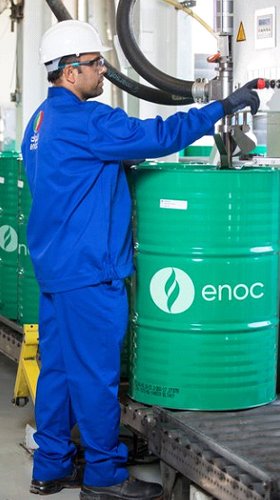Viscosity is an important property of fluids that determines their flow properties. It is an important consideration in almost any process that involves fluid flow. For example, it can determine the time it takes to fill a reservoir or how much energy is required to pump a process fluid. It can also help determine the structure of a molecule in a solution or the force required to inject a drug formulation. If you are considering buying lubricants in Dubai, read here about the different properties of lubricants.
Viscosity:
The viscosity of lubricants is an important parameter because it helps determine how well a fluid performs in a particular application. For instance, a low-viscosity oil will not provide a uniform fluid film on metal-to-metal contact, which will increase wear and heat and shorten the life of a component.
Thermal stability:
Thermal stability is a key characteristic of lubricants and petroleum products. High temperatures cause physical and chemical changes in the lubricating properties of oils and can negatively affect the oil’s performance. One test method is ASTM D2070, which evaluates the thermal stability of a hydrocarbon-based lubricant by heating the fluid to the required temperature and holding it for 24 hours.
Emulsibility:
Testing the Emulsibility of lubricants is an important process for lubricants. Some common tests include ISO 6614:1994 for lubricants and oils and ASTM D1401-21 for synthetic fluids. These tests are designed to ensure the quality of the product. These tests measure the oil viscosity, carbon residue, acidity, alkalinity, and additive concentration.
Demulsibility:
Demulsibility testing is done using samples of the lubricant and water. A large sample of the lubricant is placed into an apparatus and vigorously mixed with water. The test should take at least five minutes, and the oil and water layer must be at least three milliliters thick. The test results are reported as the percentage of oil and water emulsions and the time required for the mixture to form an emulsion.
Non-toxicity:
A non-toxic lubricant is a type that contains no hazardous solvents. This type of lubricant also may be biodegradable. Some types of lubricants can degrade as much as 60% in as little as 28 days. Non-toxic lubricants are tested according to the OECD Guidelines for the Testing of Chemicals. This testing process is conducted by organizations.
